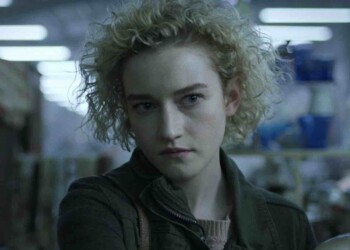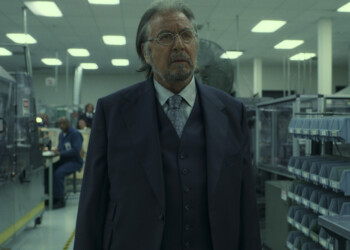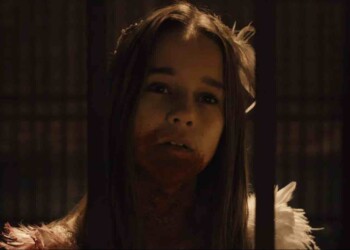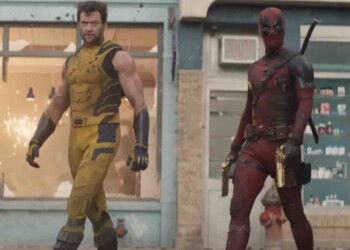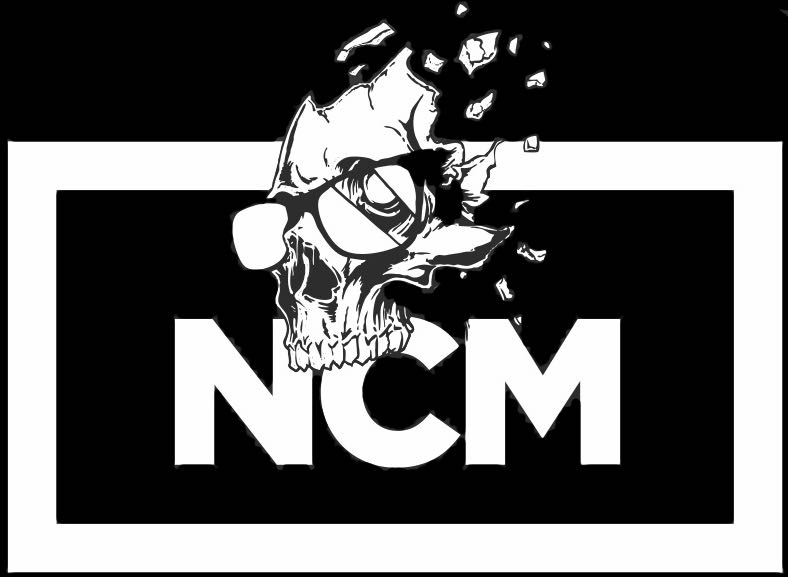Damon Lindelof explains the difficulties he had bringing “Lost” to an end under the ABC umbrella after originally planning for a three-season run of the show….
“Lost” had a lot of mysteries to unravel over six seasons — many that actually went unanswered — but it turns out the hugely popular series wasn’t supposed to go that long.
In fact, series co-creator Damon Lindelof initially envisioned “Lost” only going for three seasons total but ABC wanted no part of that plan.
“Lost was like, ‘What’s in the hatch? What’s up with the monster? Who’s the original Sawyer? How did Locke get in the wheelchair? What is the nature of the island? Why does it appear to be moving? Who are the Others?’ There were all of these compelling mysteries and so we were saying, ‘We wanna have this stuff answered by the end of Season 1, this stuff answered by the end of Season 2, and then the show basically ends after about three years,” Lindelof said in a recent interview with Collider.
“That was the initial pitch, and they were not even hearing it. They looked at particularly me — Carlton [Cuse] came on about midway through Season 1 and he joined the chorus of me — but they were just like, ‘Do you understand how hard it is to make a show that people want to watch? And people like the show? So why would we end it? You don’t end shows that people are watching.’”
According to Lindelof, after “Lost” became a bona fide hit for ABC, the Disney-owned network had no intention of bringing the series to an end in such short order. That constant back-and-forth battle almost led to Lindelof just leaving the show all together and allowing someone else to take over in his absence.
“So we got all the way to the end of Season 2 and then tried to formalize the conversation again,” Lindelof explained. “At that point, it was formal because Carlton and I both had two-year deals that ended after Season 2, so we were now negotiating for the future of the show. They thought they were in a monetary negotiation, where it was like we were trying to get more money, and all we were trying to get was for them to agree to end the show. So neither side blinked, so we agreed to sign a one-year extension — Carlton and I — with the understanding that we’d be leaving at the end of the third season and someone else would be running the show.
“Right at the same time Alias had ended, so Lost absorbed a number of the fantastic Alias writers including Drew Goddard who had already written some episodes of Lost in the second season and Jeff Pinkner, who is incredible, was gonna kind of be the heir apparent for Season 3.”
The story problems with “Lost” started to mount as the series continued moving forward without an end date in sight.
Lindelof points directly at the flashbacks, which were a hallmark of “Lost,” that became a bigger and bigger problem because there were only so many stories that could be told surrounding the lead characters on the show.
“All this time when ABC would be like, ‘Why do you want to end the show?’ we’d say, ‘These flashbacks are finite,” Lindelof said. “You can do like three flashbacks of Jack getting drunk and being self-destructive, or Charlie relapsing, or Kate running away and the marshal that is chasing her. But ultimately the first one feels like an origin story because you’re learning about that person for the very first time, but all the other ones feel like you’re treading water.
“So we’re gonna have to switch gears—we can introduce new characters who have new backstories, but people are invested in the old ones. We’re seeing about eight chess moves ahead and it ain’t gonna end pretty.’ And they just didn’t agree with us.”
As “Lost” season 3 started to unfold, Lindelof says it became clear that the writers were beginning to reach the end of the runway when it came to original stories that would keep the passengers of Oceanic Flight 815 stuck on that island.
Once that problem persisted, the executives at ABC were finally ready to offer Lindelof and his team a chance to end the series — after 10 total seasons.
“The beginning of Season 3 happens. Those six episodes air because ABC decides that they’re going to split the season into two parts… after those six episodes of Season 3 aired, they finally understood, and we were not phoning it in or trying to spike the show, we always did our best,” Lindelof explained. “But it became clear that we were working so hard to keep the characters on the island, and it was starting to be immensely frustrating. The flashbacks weren’t good anymore. Other than the addition of Michael Emerson as a regular and Henry Ian Cusick as a regular, and Adelwale [Akinnuoye-Agbaje] and Michelle Rodriguez and Cynthia Watros, the tail section, some of that stuff was working but all the other stuff wasn’t.
“Then they finally came to the table and we had a real conversation. They were like, ‘We have agreed to let you end the show.’… I just said to [ABC President] Steve McPherson, ‘Thank you. This is what’s best for the show,’ and he said, ‘We were thinking 10 seasons.’ Mind you, we’re halfway through Season 3, so first off how do you even think we’re gonna get to 10? That’s really the same as saying we’re not gonna let you end the show, because how many drama series even get to 10 seasons?”
Lindelof says even in the midst of season 3, he had started to plot out an ending with season 4 because he knew that the story would eventually land on the Oceanic 6 — a group of passengers who escape the island only to discover that life back in the real world doesn’t suit them and they have to go back.
“I was like, ‘I was thinking more like four [seasons]’. Not because I was in a negotiation but because we had actually already worked out the Oceanic 6 story to some degree,” Lindelof said. “We knew that a number of the characters were going to get off the island, they were going to have a very miserable time when they were off the island, and then they were going to come back for the finale. We felt like we could kind of do that starting in the back half of Season 3 and then have one more season, Season 4, which would have been a full season of television, twenty some-odd episodes, to do it all.
“And they were like, ‘How about nine?’ (laughs). So the agreement was we landed on six [seasons] with less episodes to give us more time in between seasons to plan things out. And then of course the fourth season was cut short by the writers’ strike, but everything else went relatively according to design. Not to say that everything we did worked, but we had a plan and we executed that plan.”
The series finale of “Lost” still drew monster ratings for ABC with 13.5 million viewers as the No. 1 program that night.
The last episode titled “The End” is still one of the most debated moments in television history with some “Lost” fans loving the conclusion and others berating the creators for failing to answer all of the questions that remained about this mysterious island and its inhabitants.
Either way, “Lost” remains a massive success for serialized storytelling in the science-fiction/fantasy realm, especially considering the series aired on network television. There have also been rumors for years that ABC was considering a “Lost” reboot but to this point, nothing has ever come to fruition.

